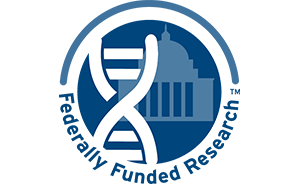Targeted Drugs
Breakthroughs in our understanding of the biology of cancer cells are driving development of a new generation of drugs that are targeted to the unique genetics of each tumor and patient. By blocking or switching off the molecular defects that cause cancer to grow and spread, these agents attack cancer cells, but leave healthy cells largely untouched, resulting in better cancer control and better quality of life.
While targeted drugs are relatively new, some have already become staples of cancer treatment. Recently, targeted drugs have been shown to extend the lives of people with advanced melanoma, long one of the most difficult cancers to treat.











